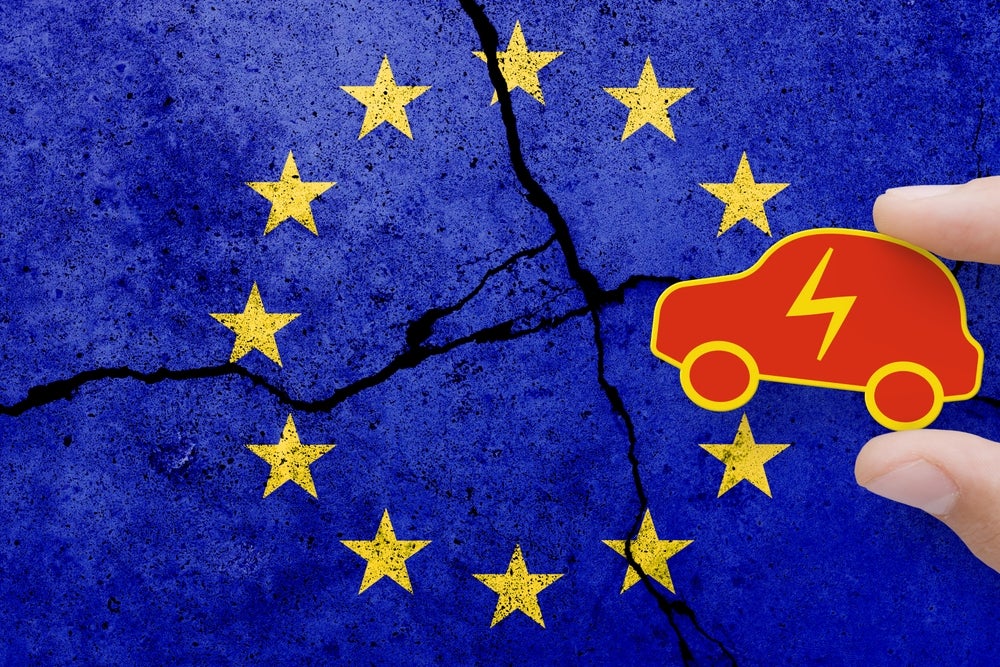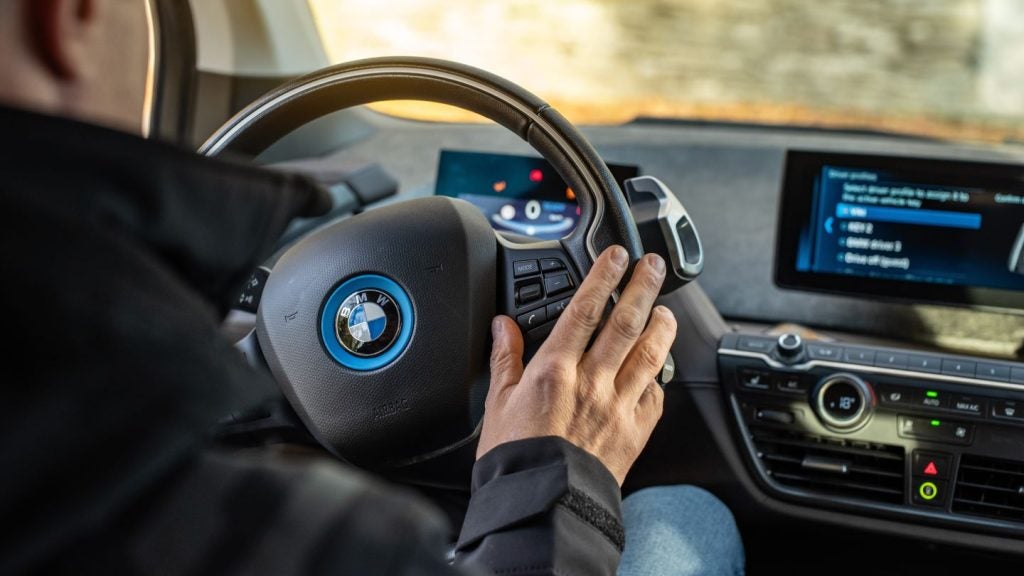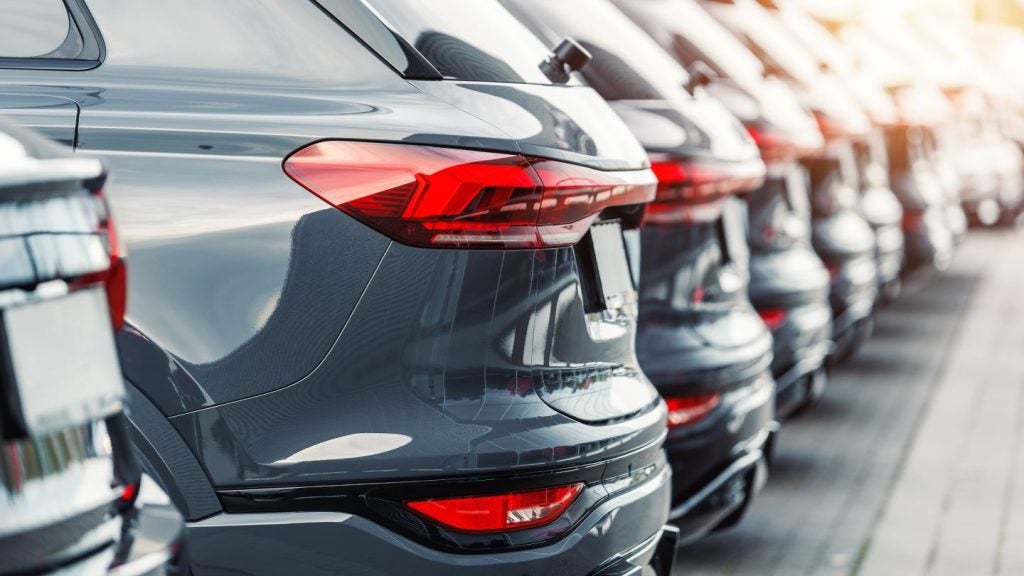
European carmakers are grappling with a crisis of innovation, largely of their own making, according to Karlheinz Zuerl, CEO of the German Technology & Engineering Corporation (GTEC).
Zuerl attributed the struggles of major manufacturers like Volkswagen to years of stagnation, particularly compared to the rapid advances of Chinese automotive companies.
“European industry has failed to innovate at the pace of China, not just in the automotive sector,” Zuerl said, highlighting the gap that has widened between the two regions.

EREV/REEV
Zuerl pointed to China’s success with range extender vehicles (EREV/REEV) as a key example. Companies like Li Auto and Leapmotor have seen their delivery numbers double within a year by focusing on this technology. An electric motor powers EREV vehicles but also features a small combustion engine that recharges the battery, effectively extending the driving range. This alleviates concerns over range anxiety and makes the vehicles practical in areas with limited charging infrastructure.
LFP v NCM
Another innovation cited by Zuerl is the battery swap system implemented by Nio, which allows drivers to exchange depleted batteries for fully charged ones at designated stations, cutting down waiting times. He also highlighted BYD’s blade battery, which uses lithium iron phosphate (LFP) instead of the more common nickel cobalt manganese (NCM). This technology is praised for its safety, low cost, and space efficiency within vehicles.
Autonomous driving
Chinese automaker XPeng‘s autonomous driving system, XPilot, was cited by Zuerl as another area where China has overtaken its European counterparts. Zuerl suggested that XPilot outperforms Tesla‘s Full Self-Driving feature, particularly in urban environments.
Zuerl also drew attention to Xiaomi‘s MS11 electric vehicle, which features a customisable cockpit with controls that can be magnetically attached, offering a flexible and user-friendly interface.
In contrast, European carmakers, such as Mercedes, have focused on developing electric platforms and incorporating features like oversized digital screens, such as the 56-inch display in Mercedes’ flagship model. However, Zuerl suggests that these developments fall short of the groundbreaking innovations seen in China.
Zuerl concluded with a call for Western manufacturers to rethink their approach to China, urging them to shift from viewing the country solely as a sales market to drawing inspiration from its innovation. He argued that the competitive advantage once held by Western industries over China has eroded, particularly in the automotive and mechanical engineering sectors.
EU slaps import duties on Chinese EVs amid growing competition concerns
Chinese EVs challenge Europe’s auto Industry: BYD’s Seagull to undercut local brands







